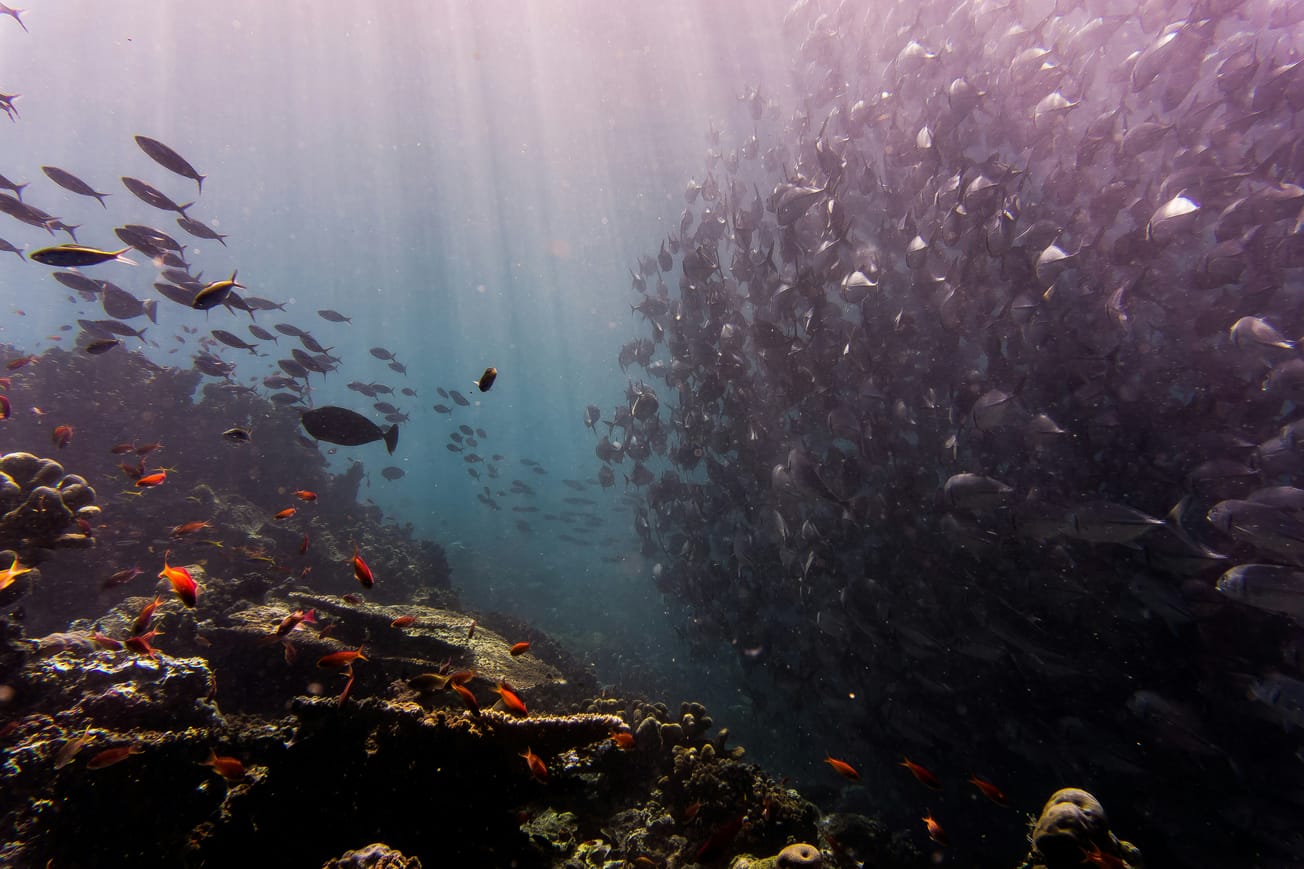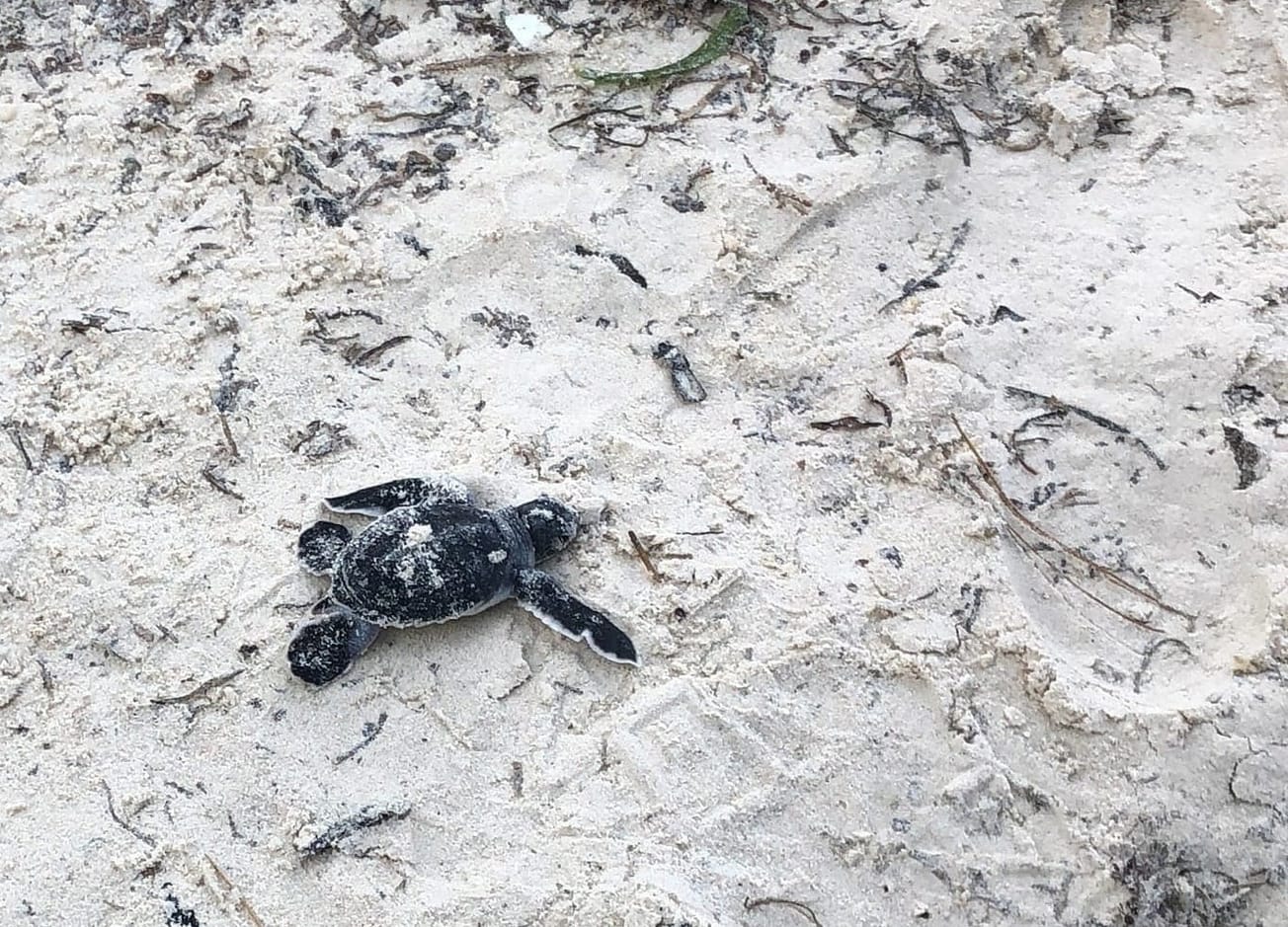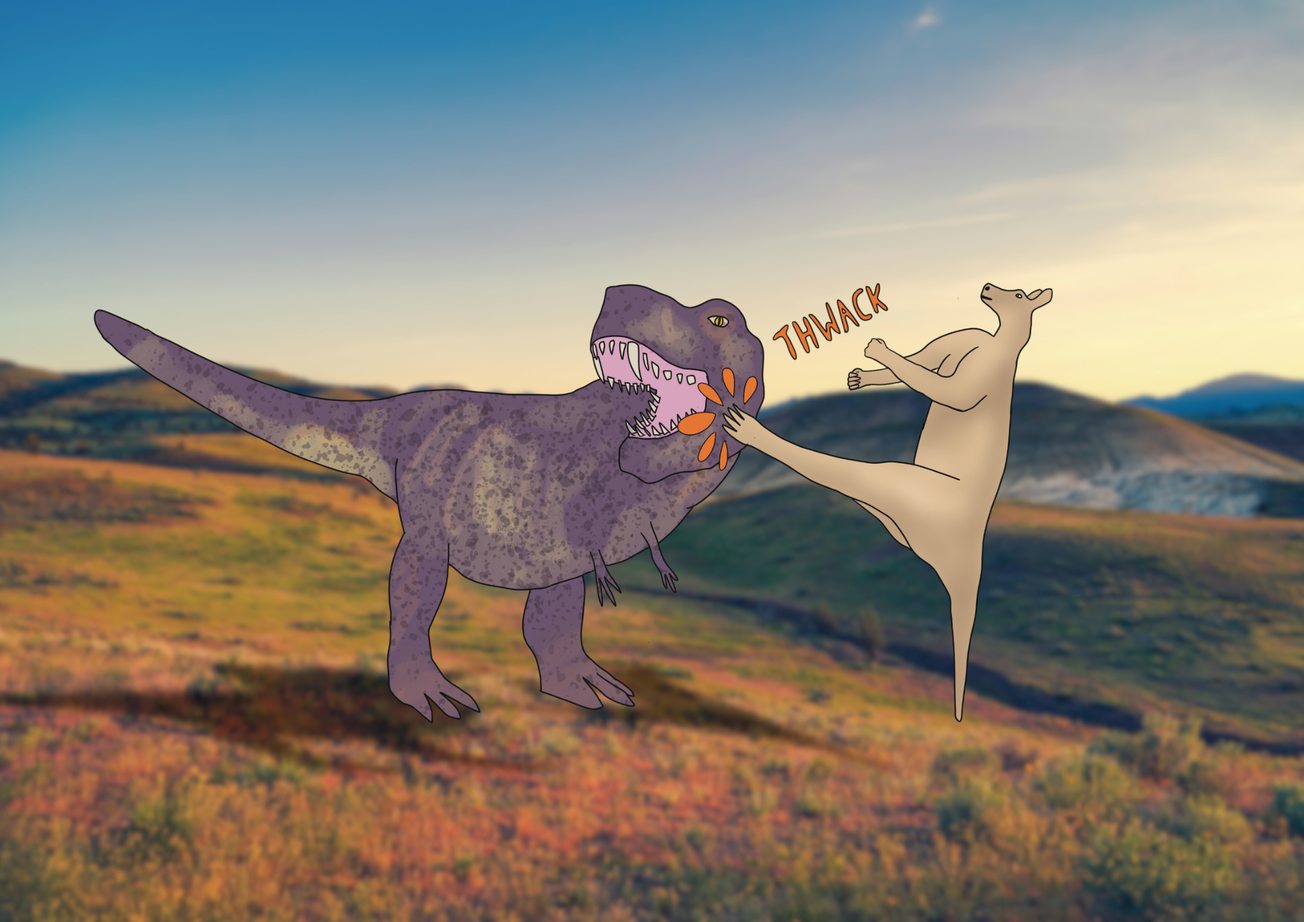From the desk of: Dr Rui Ying et al., Cabot Institute for the Environment
Published 14 November 2024 in Nature.
By Corin Hadley, SciTech Editor
Plankton are an often-unsung hero of life on earth. They’re descended from the microbes that first put oxygen in the atmosphere and now form the bedrock of marine food chains. But, as often seems to be the case, they’re unlikely to be able to keep up with the environmental pressure we’re putting them under.
A research group led by Dr Rui Ying has been developing a model to better understand how these microscopic algae might respond to changing oceanic conditions. This month they published their findings.
By analysing how plankton populations behaved in response to major environmental changes in the last Ice Age, the team were able to consider how current climate projections might affect marine life. In the studied period, 21,000 years ago, the plankton were able to relocate from warming oceans to survive. The model’s projections showed that at current and future rates of temperature rise, this mass exodus would not be possible.
This result spells doom for vast swathes of the marine ecosystem.
The Paris Agreement laid out plans and commitments to limit the increase in global average temperature. The hard cap was set at 2°C above pre-industrial levels. Despite this, a recent UN report warned of a rise of 3.1°C if governments do not take serious action to reduce carbon emissions.
Featured Image: Unsplash / Johnny Africa
If you know anything about paleoecological research methods and want a read:
Past foraminiferal acclimatization capacity is limited during future warming | Nature








